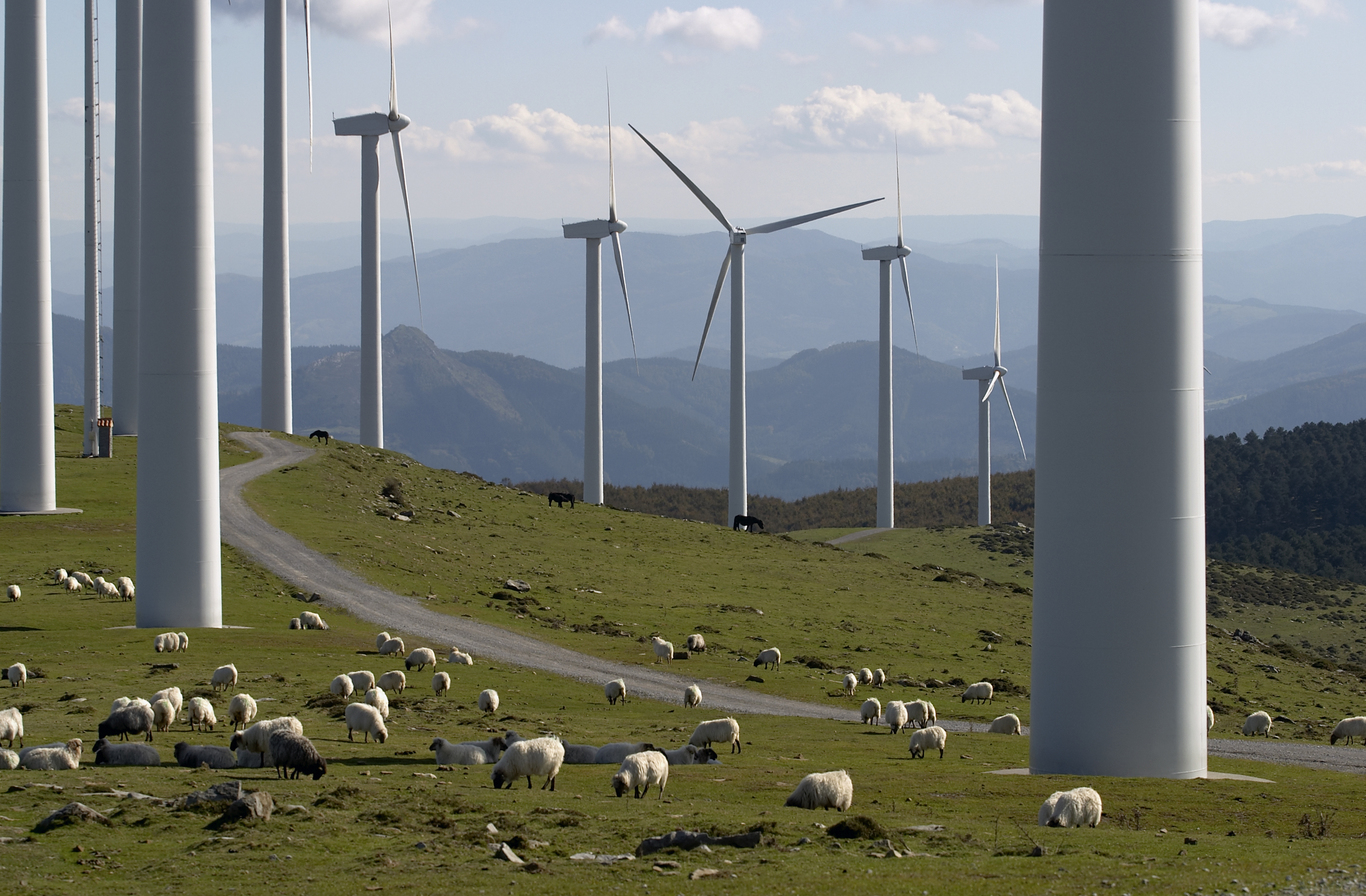Your crash course in ... The rise of renewable CPPAs and what it means for Ireland's future
What are Corporate Power Purchase Agreements and why do we want to attract them to Ireland?
POWER PURCHASE AGREEMENTS (PPA) can have a lot going for them: The idea is that they can stabilise the cost of energy and incentivise renewable sources.
With the Government’s Climate Action Plan aiming for 70% renewable energy by 2030, it is also a way for big companies to show they’re making an effort.
Enter the Corporate Power Purchase Agreement (CPPA), whereby a large corporate builds or helps to fund off-site generation for itself, such as a wind farm.
However, it’s not all plain sailing. CPPAs can also bring losses for the companies striking them, something that the industry will be teasing out this week at a conference on the potential of CPPAs.
CPPAs are different from guarantees of origin. In a guarantee of origin, an older system, a wind farm was producing energy already and a company would buy the rights to allocate that power to itself. In a CPPA, the wind farm wouldn’t have been built without the company providing the funding.
In August, online retail giant Amazon announced it would be buying the energy output from a wind farm in Cork, following a similar deal in Donegal, to help feed its power-hungry data centres.
“It’s a pivot change in our sector right now because it’s bringing new renewable electricity to our industry. It’s not just looking to existing projects,” David Connolly, chief executive of the Irish Wind Energy Association, told Fora.
A new phenomenon?
Through the government’s long-awaited Renewable Electricity Support Scheme (RESS), which is set to have its first auction early next year, the state provides a fixed price and gets money back through the public service obligation (PSO) on consumers’ energy bills.
The “government way of doing things” could be called a “regular PPA”, whereby the government provides the stability (of prices), the funding and all of the consumers share the cost and the savings, according to Connolly.
The CPPA is a “new phenomenon” of recent years. “Instead of the government providing the fixed price, typically a large energy user provides the fixed price,” he said.
There are several why a large corporate might do this. Aside from it being a contribution to climate action, it might also make good business sense in terms of hedging against future price fluctuations.
In a contract with a wind farm, a company gets a fixed price for a given period. “Unlike fossil fuels, the price of the wind doesn’t change.”
The size of the market for CPPAs is still unclear but the industry is trying to figure it out.
“We know that the government wants to get to a target of 2,5000 MW by 2030. They want 15% of all of Ireland’s electricity to be provided from renewable electricity that has been agreed on with CPPAs.”

What is the business opportunity?
With business opportunity, there comes the challenge of making CPPAs a viable route to market in the next few years.
“We’re getting corporates to do a really good thing, which is to build wind farms, (then) we’re getting them to agree(on) prices that are very competitive at the time. But then there’s almost a cannibalization happening, where once they build a wind farm, that causes the price to go down for everyone else but they’re left with the higher price that they agreed on initially,” Connolly said.
This being a major barrier, the industry needs to figure out a way for corporates to get some of those savings they have created for everyone else by helping build a wind farm.
“We don’t know how exactly the government would like to do that but we have a lot of ideas. If, for example, someone signs up for a corporate PPA should they get savings elsewhere to reflect the amount of money they’ve saved for the consumer?”
This could work by reducing the electricity tax of PSO levy paid by that company, for example.
“The other big task that we have as an industry is looking at different ways to make wind energy cheaper in Ireland. Ultimately, the cheaper we can make wind energy, the better chance we have attracting these corporate PPAs to Ireland.”
Ultimately though, this is good news for Ireland Inc. according to Connolly.
“It means that we have a new way of funding renewable electricity projects. I think what it also signals that renewable electricity is now becoming an extremely good value,” he said.
“Over the last 10 or 20 years, being green was making a compromise or taking on an extra cost. Now, people can see these private companies looking to green power as a way to keep their costs low into the future.”
Get our Daily Briefing with the morning’s most important headlines for innovative Irish businesses.






